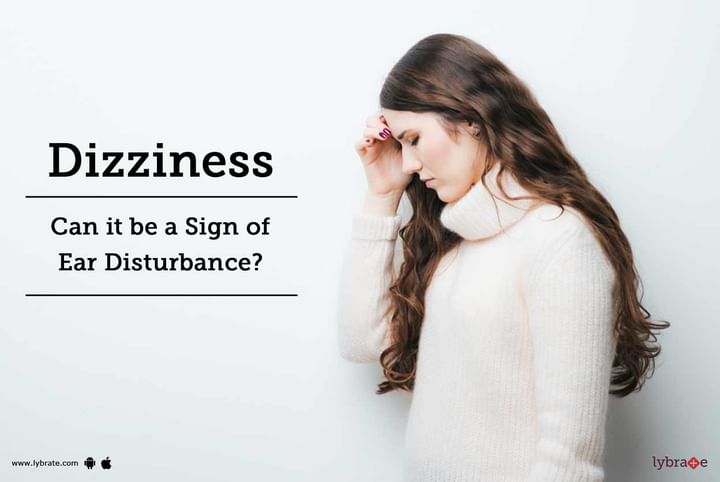Dizziness - Can it be a Sign of Ear Disturbance?
Are you feeling lightheaded, unbalanced or woozy lately? Are you having strange sensations in the ears and eyes? These indicate that you are suffering from dizziness, a condition affecting the body’s sensory organs. It can cause fainting at times as well. It is not a disease, but a symptom of several disorders. Dizziness is caused by inner ear disturbances, effects of medication, motion sickness and underlying health conditions, such as poor blood circulation, infections or injuries.
Test and diagnosis
If you feel dizzy for a prolonged period of time or if the dizziness occurs and reoccurs, a special treatment is required. This is because dizziness may make you prone to several risks in everyday life. Several tests are carried out to find out the cause of the dizziness. If a stroke is suspected, an MRI scan or CT scan is carried out. A physical examination is undertaken in which the way you walk and balance are observed and the nerves of the central nervous system are checked. Hearing and balance tests may also be required, which are as follows:
- Eye movement testing in which the path of the eyes is observed while tracking an object in motion. An eye motion test may be given where cold and warm water is placed in the ear canal.
- Head movement tests are carried out when benign paroxysmal positional vertigo is suspected.
Treatment
Treatment of dizziness includes medicines, therapies and balance exercises.
Medicines
- Water pills are prescribed when a patient has Meniere’s disease, which helps in reducing dizziness.
- Antihistamines provide temporary relief from dizziness.
Therapy
- Head position maneuvers: A technique known as canalith repositioning helps in resolving dizziness quickly. It can be performed by a doctor, therapist or audiologist. The position of the head is maneuvered in the process.
- Balance therapy: Several exercises help in making the body’s balance system lesser sensitive to motion. This technique, known as vestibular rehabilitation, is used for people suffering from dizziness due to inner ear conditions.
- Psychotherapy: This therapy may be used for patients who experience dizziness because of anxiety disorders.
- Use of antibiotics: An antibiotic by the name of gentamicin may be injected in the inner ear for disabling the balance function. The unaffected ear performs that function.
- Other procedures: A procedure known as labyrinthectomy may be used for disabling the vestibular labyrinth in the affected ear.
If you experience dizziness continuously, it is important for you to visit an ENT specialist. An ENT specialist deals with problems related to the ear, nose and throat and will be able to provide you with the best diagnosis and treatment for dizziness.



+1.svg)
